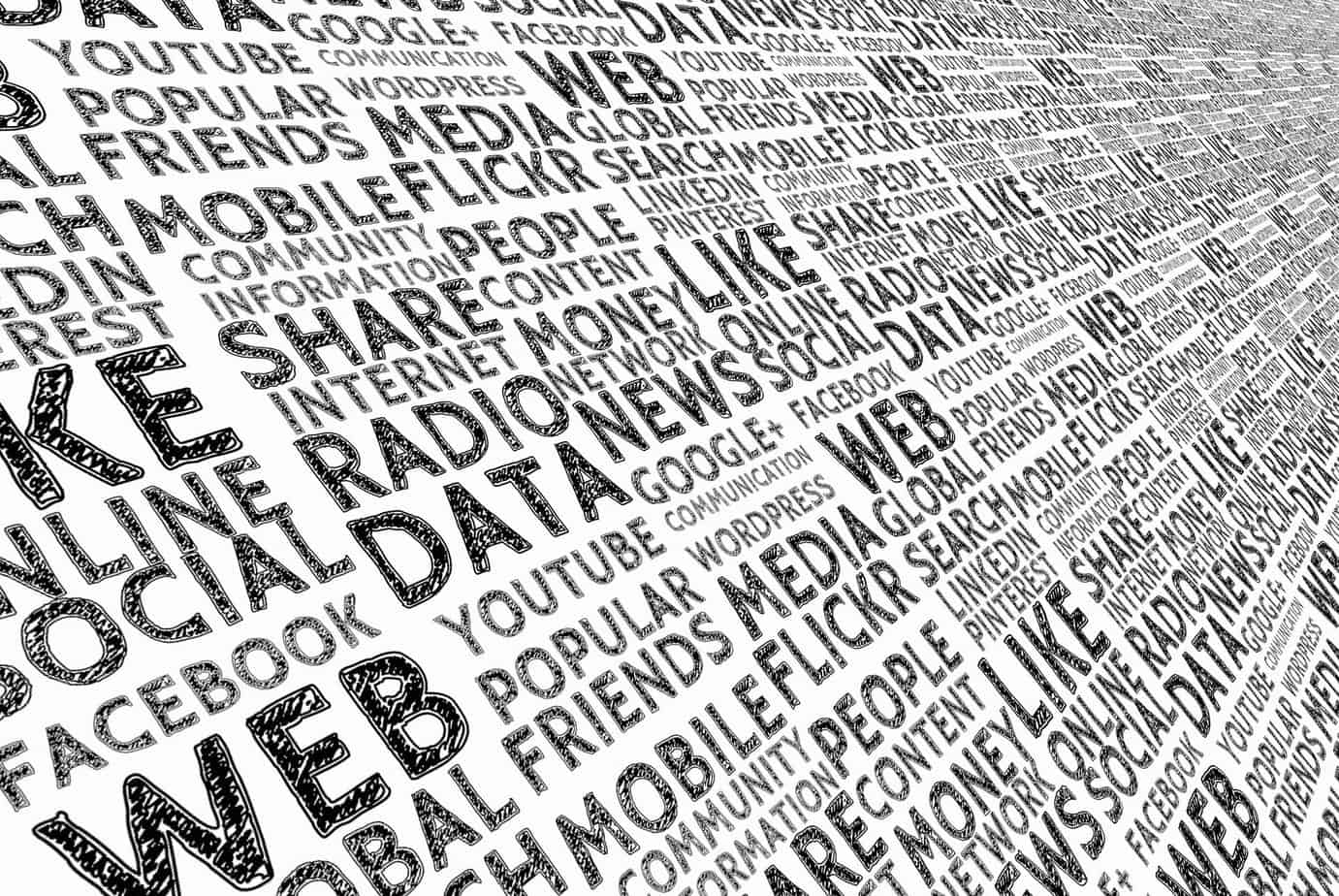When British computer scientist Tim Berners-Lee first introduced the World Wide Web (WWW) in the late 80s, with it came a new revolution. An information revolution that would single-handedly change the way information is shared and communicated forever. For the first time in human history, all thanks to the World Wide Web, millions of terabytes of data and information could be sent and shared effortlessly with multiple users and locations within seconds. However, as the internet became more advanced and capable of accommodating more users; it quickly turned into a messy crowded place and a hotbed for misinformation!
The information tragedy
In the 30 years that the world wide web has been active, it has gained more than 4 billion active users worldwide. That’s about 59% of the world’s population. With all these users, internet and social media platforms such as Facebook, Twitter, Youtube and Whatsapp are increasingly finding it hard to authenticate information shared by users on their platforms. In the late 2000s when the social media boom began, many internet companies were simply not ready for what was about to come. They lacked the necessary measures and mechanisms for fact-checking and authenticating information. Youtube and Facebook have become some of the notorious hotbeds for conspiracy theories and fake news. Watch one flat earth video and you’ll end up binging on dozens of them. Just last month, Youtube removed over 8000 videos that were believed to contain false information. However despite consistent efforts from these platforms, more videos keep popping up – and what makes it even harder to control is the fact that these videos are shared multiple times on different platforms; making it hard to track them down.
How internet companies are dealing with misinformation
Recently, the coronavirus pandemic revealed just how fast misinformation can spread online. Many platforms struggled very hard to contain the infodemic that came with the coronavirus outbreak and were put under fire for not doing enough to deal with it. This forced many of these platforms to come up with solutions to tackle misinformation; Facebook introduced an independent oversight board that was charged with moderating and making decisions on what kind of content would be kept or removed from the site whereas twitter introduced fact-checking tags to warn users about the credibility of posts. On top of that, these companies have employed smart algorithms and thousands of content moderators all around the world to filter the content posted on their sites. However, these measures are still proving to be insufficient; more and more conspiracies and fake news still appear online every day. These platforms will have to do so much more to deal with the misinformation monster that they created.





